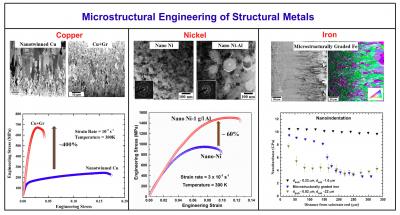
Due to growing push towards miniaturisation, microscale manufacturing is gaining prominence in biomedical, diagnostic, strategic and electronics applications. Conventional lithography-based micromachining processes have limitations with regards to materials and shapes that could be processed. However, if macro-scale processes could be scaled down to micro-scale, it will open avenues for innovation as it can create free-form features in a widerange of materials such as complex microchannels and these can be used for diagnostic devices, dental and spinal implants, miniature electronic devices, etc. However, one has to address key technical challenges of designing ultra- precision tools which can use tools of the size of tens of microns (1/10 th of human hair). Such tools have low stiffness and are prone to failure and vibrations which need to be overcome to make the process sustainable.
Like the macroscale processes, the microscale processes can also be subtractive and additive. Along with the subtractive processes which use material removal, additive processes could be developed at the micorscale which could be a game changing technology to repair/restore critical structural components in the aerospace and manufacturing industries, such as turbine blades and expensive forging dies. These components are subjected to cyclic thermo-mechanical loads and, hence, prone to localised failure. Consequently, understanding and controlling the integrity of the clad in the repair process is of utmost importance. We are also attempting to develop strategies for robotic free-form deposition via laser cladding for in-situ repair operations. This work is expected to bridge the technology- deficit in this area by developing science-enabled technology to ensure that the restoration is robust and reliable. This process will enhance the service life of key components and result in significant savings for the industry and help towards sustainable manufacturing.
The research work is being carried out with close cooperation with industry to translate the technologies from lab to shop. It is expected to develop micro-manufacturing ecosystem in India to bolster the ‘Make in India’ initiative.
Prof. Ramesh Kumar Singh
